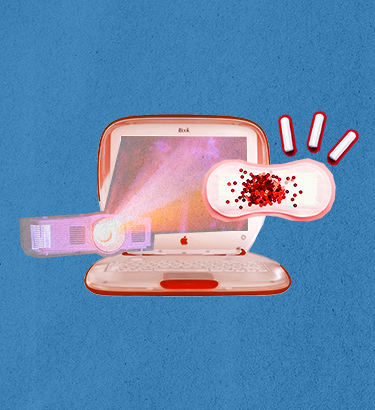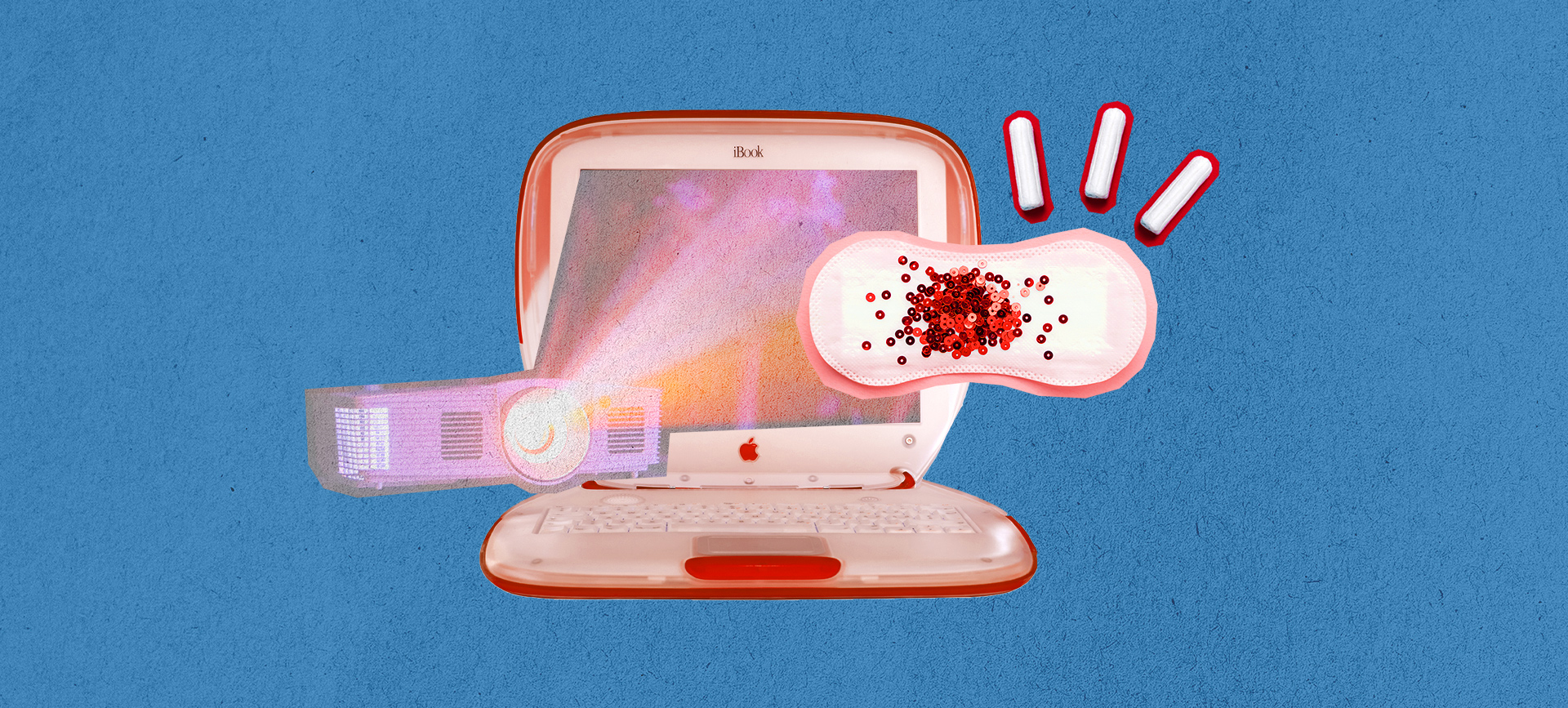When Jordan Gass-Pooré got her first period, she was at the mall with her aunt and she remembers crying.
"I thought, oh, God, I'm going to have to use those things my mom uses now!" said Gass-Pooré, a New York City-based podcast producer and investigative journalist. Gass-Pooré didn't have a formal sex education class in school, but she did have a close relationship with her mother, who spoke to her candidly about subjects such as sex and periods. Still, Gass-Pooré recalled being freaked out and sad when her first period began.
"For some reason, periods and/or menstrual cycles are deliberately not talked about in our society and put into an 'ick' category," said Jimanekia Eborn, M.S., a sex educator and sexual trauma expert in Los Angeles who added that she wishes young girls were taught that their period is not shameful. "It truly is a natural thing that happens to millions every day."
While many school systems assume parents are having conversations with their young kids about puberty and menstruation, the reality is that education on these topics is often limited and/or inadequate, furthering fears and stigma around the experience.
I did have one health teacher in fifth grade who taught us that periods are actually really cool. It's the only health lesson I remember clearly. She told us that when we got our first period, it was our body showing us it was possible to have a baby, and wasn't that just incredible?
So getting your period isn't all bad news. The regular, monthly buildup and subsequent shedding of our uterine lining is generally an indicator of good health. A healthy cycle is also a reflection of general health, with links to our adrenal glands, thyroid, liver and gallbladder.
If your period is extremely unpleasant, including cramps, nausea, a heavy flow and other symptoms, this just may clue you into a bigger problem.











